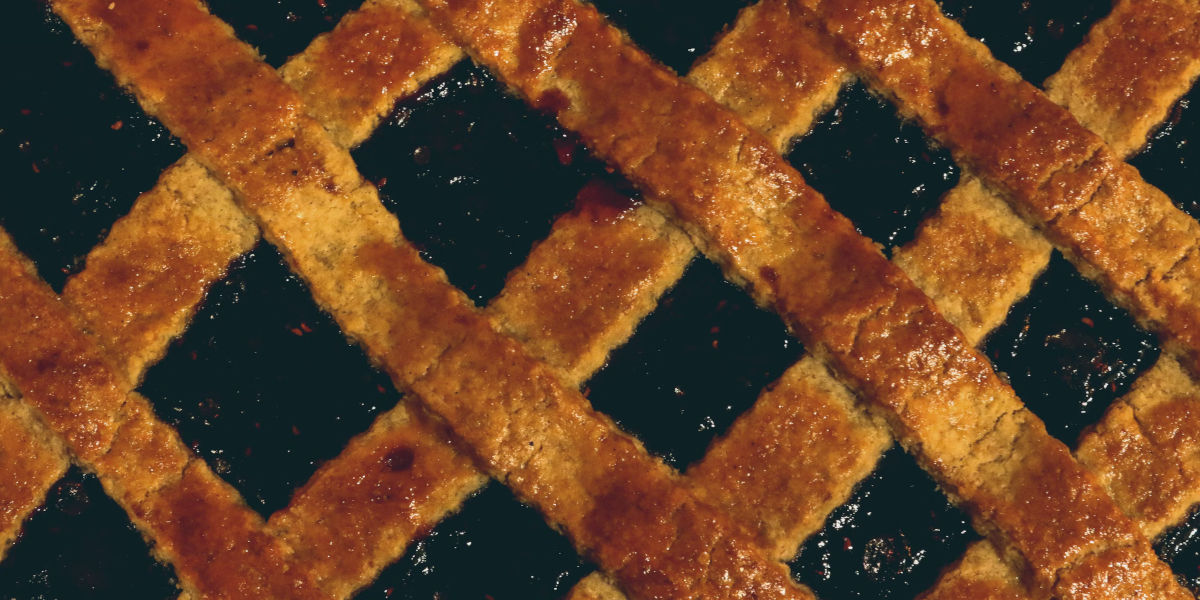Delve into your kitchen's pantry, and you'll likely find a legion of ingredients from different culinary worlds. But have you ever wondered just where it all began? If the history of cooking were a vast boiling pot of soup, then the Oldest Known Recipes would be its base ingredients, the fundamental flavours that started our gastronomical journey. So, come join us as we journey into the roots of our culinary heritage, exploring the very essence of what we cook and why we cook it.
Culinary Archaeology: Digging into the Oldest Recipe on Record
When we speak about recipes, we often think of handed down family secrets or well-thumbed cookbooks, but the truth is, our culinary history stretches far beyond that. In fact, it's a journey into antiquity, through civilizations as diverse as they are distant. It's a fascinating exploration of not just what our ancestors ate, but how they prepared their meals, how they deemed what was edible, nutritious, even delectable—all of which comprise the heart and soul of Culinary Archaeology.
Unsurprisingly, the world's Oldest Known Recipes hail from one of the earliest cradles of civilization. Carefully crafted in cuneiform, the most ancient method of writing, these recipes offer a tantalizing glimpse into a world where cooking was not merely a survival skill but a critical facet of social and cultural identity.
Tracing the Crumbs: The Earliest Culinary Records
It's reasonable to ask - What is the Oldest Recipe on Record? Brace yourselves, food enthusiasts, for we are about to embark on a timeline that winds back nearly 4000 years. The earliest evidence of humans applying heat to food might lead us back to primordial campfire rings in the Pleistocene epoch, but it's in the advanced civilizations of the ancient world where we find the first recipes quite literally carved in stone.
Interestingly, in a clay tablet from Mesopotamia—modern-day Iraq—and dating back to around 1600 BC, archaeologists have found a collection of dishes that could comfortably find a place in any contemporary cookbook. This, dear readers, is where the voyage into the history of cooking really heats up.
The Culinary Time Machine
Our appetite for the origins of food has brought us into a new age of culinary discovery. In the sphere of food history, there's a specialized branch known as Culinary Archaeology, which focuses on unearthing the earliest known recipes and food practices of ancient civilizations. It's not exaggerating to call this discipline a 'culinary time machine' as it transports us back in time to uncover the layers of culinary history buried within the sands of time.
While exploring the ancient foodscapes, researchers often stumble upon 'recipe tablets', or ancient texts, inscribed with the rudimentary methods of cooking. These methods, often hard to decipher, offer a bewildering insight into human gastronomy from as far back as 2000 BC.
Earliest Known Recipes
The earliest recorded recipes come from ancient Mesopotamia written in Akkadian language on clay tablets around 1700 BC discovered in the city of Babylon. These recipes aren't what we'd consider a recipe today - there's no mention of the quantities of ingredients, temperature, and time for cooking. Yet, they offer historical perspectives on the ingredients used in the Bronze Age and prove that culinary art has always been an integral part of human civilization.
Ancient Tastes Rediscovered
The coveted recipes of the ancient world, intriguing and elaborate as they may be, aren't just about learning old cooking techniques or understanding food history. They’re also about tasting the forgotten flavors and revisiting the gastronomic preferences of our predecessors. These recipes are tried and replicated in modern kitchens by adventurous chefs and food historians, bringing back to life ancient tastes and cooking traditions.
The Role of Culinary Archaeology
The role of culinary archaeology extends beyond merely the reconstruction of ancient recipes. It offers substantial information on various aspects of ancient civilizations such as the dietetic habits, agricultural practices, native crops, and food preservation techniques. It also helps in understanding the socio-economic and cultural context of food consumption in the ancient world.
We are often engrossed in modern gastronomy and innovative cooking that we tend to overlook our roots. Unearthing ancient recipes is a humble effort to pay homage to our culinary heritage. Furthermore, it also inspires contemporary chefs to reflect and revisit these age-old practices and incorporate elements of ancient cuisines into modern gastronomy.
To summarise, the discipline of culinary archaeology opens a gastronomic window into the past, providing a fascinating insight into humanity's culinary journey. It also allows us to trace the evolution of food practices and taste preferences across different civilizations. In the end, culinary archaeology is not only about the archaeology of food, but it's also an archaeology of taste and culture.




